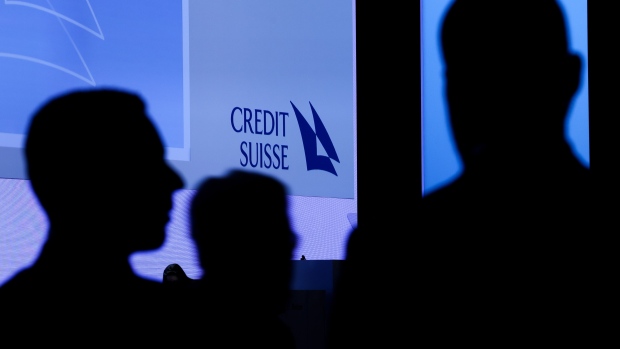Apr 20, 2023
Credit Suisse Accused of Systemic Fraud in UK Subprime Suit
, Bloomberg News

(Bloomberg) -- Credit Suisse Group AG is fighting accusations of “systemic fraud” and “deceit” over subprime mortgages dating back more than a decade in a London court, underlining the legal challenges that UBS Group AG will face once the forced sale of the embattled Swiss lender is completed.
IKB Deutsche Industriebank AG sued Credit Suisse for $160 million alleging fraud and misrepresentation by the lender in the sale of debt securities that were at the heart of the 2008 global financial crisis. Credit Suisse knowingly sold what its own executives called “garbage” loans and admitted to the US Department of Justice in the $5.28 billion settlement in 2017 that it intentionally peddled bad investments, the German bank said.
“This was a systemic fraud,” lawyers for Loreley Financing (Jersey) No 30 Ltd., a special purpose vehicle of the German bank, said in documents prepared for the trial that started Thursday. “It was not confined to an isolated incident here or there; it infected the bank’s practices as to how it operated its residential mortgage backed securities business.”
Credit Suisse denied the allegations and said the 2017 settlement did not contain any findings of fraud, dishonesty, or deliberate misrepresentations. “No matter how imaginatively constructed, L30’s claims will not withstand careful and methodical analysis. In fact, as CS will show, L30’s claims fail at every level,” Patrick Goodall, a Credit Suisse lawyer, said in the court filings.
Credit Suisse has a long list of outstanding litigation liabilities in courts from London to Singapore and Bermuda that UBS will have to deal with after after the hastily arranged Swiss government-brokered deal that saw UBS buy Credit Suisse. In the UK the bank is also fighting a 13-week trial in September over its role in the $2 billion “tuna bond” scandal that saw hundreds of millions looted from Mozambique and tipped the country into economic crisis.
Credit Suisse sold the AAA-rated synthetic collateralized debt obligation, knowing it was “tainted by its own wrongdoing,” the German Bank’s lawyers, said. “Put simply, it knew that the label it was putting on the tin did not match the contents of the tin.”
It was IKB’s market assessment that proved “catastrophically wrong,” Credit Suisse lawyers said in the documents. The German bank’s massive exposure to US sub-prime lending resulted in a crisis of confidence in IKB leading to the German Government’s rescue package to prevent IKB’s collapse.
©2023 Bloomberg L.P.






